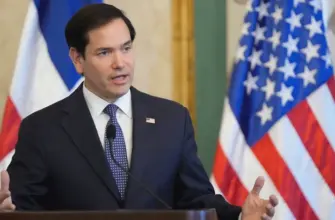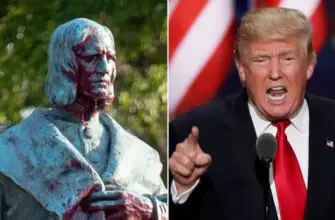Republican members of the House are once again pushing for a national expansion of concealed carry rights through legislation dubbed the Constitutional Concealed Carry Reciprocity Act.
The proposed bill aims to establish a system where states would be obligated to honor concealed carry permits issued by other states—a framework similar to how driver’s licenses are currently recognized across state lines. Representative Richard Hudson of North Carolina, the bill’s primary sponsor, described it as “a very common sense, simple piece of legislation” that simply ensures “every state should recognize the concealed carry permissions of the other states.”
This initiative has garnered widespread support within the Republican party and previously attracted backing from a Democratic colleague. Advocates emphasize the bill’s potential to safeguard law-abiding gun owners, preventing them from inadvertently violating the law while traveling.
“When law-abiding citizens are traveling, they shouldn’t be turned into criminals because they cross the state line,” Hudson stated.
Former President Donald Trump has also publicly endorsed the bill, asserting, “I will sign concealed carry reciprocity. Your Second Amendment does not end at the state line.”
A previous iteration of this legislation successfully passed the House in 2017 but ultimately failed to gain traction in the Senate. Hudson expressed optimism about its prospects this time around, noting that it previously cleared the Judiciary Committee and was approved by the House, attributing the earlier failure to a lack of movement in the Senate.
However, the bill faces significant resistance from gun safety organizations and several state officials. Concerns center on the potential erosion of individual states’ authority to regulate firearms within their own borders, potentially undermining stricter laws currently in effect in states like New York and California.
- Opponents argue that the legislation creates a federal mandate overriding carefully-crafted state gun safety measures.
- Critics contend it could allow individuals from other states to carry loaded handguns in public without proper permits or background checks.
Everytown for Gun Safety voiced this concern, stating: “These lawmakers are pushing a federal mandate that would override carefully crafted gun safety laws… commanding states to ignore their own laws.”
Furthermore, opponents highlight the substantial variations in state gun laws. While some states impose restrictions on individuals with histories of violence from possessing concealed weapons, others maintain more lenient regulations. A unified national policy, they argue, could inadvertently enable dangerous individuals to legally carry firearms in jurisdictions with stricter controls.







